13 min read
Is your team vibe feeling off? How to reset your team dynamics
As teams return from their summer (or winter) break, you may notice subtle shifts in your team’s energy. Even if the end of year was positive, a new...
Develop leaders, strengthen executive teams and gain deep insights with assessments designed to accelerate trust and performance.

Transform how your leaders think and perform with keynotes that spark connection, trust and high-performance cultures.

Explore practical tools, thought-leadership and resources to help you build trusted, high-performing teams.

Trustologie® is a leadership development consultancy founded by Marie-Claire Ross, specialising in helping executives and managers build high-trust, high-performing teams.

5 min read
Marie-Claire Ross : Updated on October 7, 2020

Thousands of years ago, when humans roamed the African savannah, it was in our best interests to live in tribes. Being part of a tribe allowed us to sleep soundly knowing that others were looking out for man-eating saber-toothed tigers. If we became too sick to hunt, we knew our fellow tribe members would help us out. We could trust that other people would look out for us and they could trust that we would look after them. A solitary human would never have survived that hostile environment.
We are biologically programmed to find other human beings the most important objects in the world. Even from a very young age, a newborn baby is fascinated by their mother’s face. In fact, babies recognise human faces much faster than any shape. Being around other humans is important for our survival.
While we may not need protection from tigers these days, and we can easily live a solitary existence, we still crave to be part of a group. Ostracism is one of our greatest fears. In fact, social rejection activates many of the same brain regions involved in physical pain. Being alone can negatively affect our emotional state either causing us to feel depressed, jealous, anxious or even violent towards other people. In more general terms, when we’re surrounded by other people, we feel more alive, than when we are alone.
So it’s no surprise that people with stronger social relationships have a 50% increased likelihood of living longer than those with weaker social relationships.
Research by Mihály Csíkszentmihályi on flow shows that the quality of our life depends on how we experience work and our relations with other people. The most detailed information we learn about who we are arises from those we communicate with and the feedback we receive from accomplishing our tasks.
The worst moods people report are when they’re alone and nothing needs to be done.
Humans need help with goals and a purpose. They need direction. When external input is lacking, attention begins to wander and thoughts become chaotic. That’s why so few people who set out to be self-employed don’t make it. Not having any direction, results in a lack of focus that makes it difficult to sustain any positive momentum.
We need external goals, stimulation and feedback. Action helps create inner order. Most of us look to leaders to provide us with the direction we need to accomplish our work at a high standard.
If the arena of action is challenging enough, we may experience flow continuously in our calling. Flow is when you perform an activity and become so fully immersed in it you lose track time. It creates a feeling of energised focus, full involvement, and enjoyment in the activity.
Life is about people. We can’t have a good life if we can’t trust others to support and care about us. The relationships we have that make us feel safe are really important to us.
In the workplace, employees need to see and feel evidence that their workplaces are safe and that their fellow co-workers are looking out for them. More importantly, workers need to trust that their boss and their colleagues really care.
What people need to thrive in their jobs is emotional safety. They want to work in an organisation where they can be themselves, speak up about any concerns and that if they make a mistake they won’t be criticised. When organisations get this right, they create an atmosphere where people know that they are liked and appreciated. They know they can work the extra mile and their effort will be noticed. And this feeling of psychological safety enables employees to become more emotionally invested in the organisation they work in. It means they’re more likely to work harder and be engaged in their work.
They know they can work the extra mile and their effort will be noticed. In essence, employes know they won’t be kicked out of the tribe and left to fend on their own. And this feeling of psychological safety enables employees to become more emotionally invested in the organisation they work in. It means they’re more likely to work harder and be engaged in their work.
According to Google, who has studied their teams, psychological safety is by far the most important out of all the dynamics they measured in a high-performance team. It affects all other dimensions such as impact and meaning behind work.
Why feeling safe in the workplace is so important is that it is actually fundamental to our well-being. As Abraham Maslow taught in his Hierarchy of Needs, we can’t concern ourselves with higher goals until we have the necessities of life, including security.
Once an employee feels safe at their workplace, it then enables them to progress to meet higher growth needs. For example, they can then become highly engaged when they’re part of an extraordinary team, where they are learning and growing and making a real impact. When this occurs, employees move towards self-actualisation. This is the realisation or fulfillment of one’s talents and potentialities. It can even occur through the meaning you derive from the company’s purpose. In other words – flow.
To foster a work environment where people feel safe, it all boils down to trust. Trust is essential. Without it, social groups can’t function properly. Trust is how you connect to everyone in your workplace. It adds value and provides a sense of shared pride.
When a person’s job role is ambiguous, a major change is occurring, the threat of job losses looms or even working with a new team, it produces fear and anxiety. Humans need to feel certain in their surroundings. After all, the old fear that they might be attacked by a tiger is still deeply embedded in their programming.
This is where a good leader is able to assuage all fears and anxieties that create feelings of uncertainty and ultimately, to not feeling safe at work. This means exhibiting the right trust behaviours (see 7 Trust Behaviours of Effective Leaders).
Building trust is fundamental to leadership. Leaders who can move employees from security to personal growth, generate a rewarding work experience, where employees feel connected to one another through a shared sense of purpose. It also improves employee well-being and job satisfaction with the company benefiting through improved productivity, innovation and lower psychological health claims (which are more expensive than physical injuries).
Leaders need to exhibit the right trust behaviours, in order to reduce employee uncertainty about their job. They also need to be able to clearly articulate the meaning and rationale behind work. After all, we are more likely to trust a leader if we know what they’re doing and why.
In essence, when people have clear direction and goals, understand the meaning of their role and how it contributes to the success of the organisation, as well as how it positively impacts customers, then they feel as though what they do matters. That they are making an impact. Their work becomes inspiring and they get out of bed each morning excited to go to work.
Essentially, people love their job, if it matters if they show up to work.
The good news is that we want to solve problems, hear stories and create new ideas with our fellow tribespeople, I mean workmates. If we didn’t do those things 100,000 years ago on the savannah we died. Feeling connected to others and making a difference drives us.
As Steve Jobs once said:
“The company is one of the most amazing inventions of humans, this abstract construct that’s incredibly powerful. Even so, for me, it’s about the products. It’s about working together with really fun, smart, creative people and making wonderful things. It’s not about the money. What a company is, then, is a group of people who can make more than just the big thing. It’s a talent, it’s a capability, it’s a culture, it’s a point of view, and it’s a way of working together to make the next thing, and the next one, and the next one.”
Successful businesses that can leverage this human need to be part of a group that’s going somewhere, not only provide jobs where their workers benefit personally, but they’re also more efficient and innovative. Not only is it good for our mental health, but also the future of the organisation.
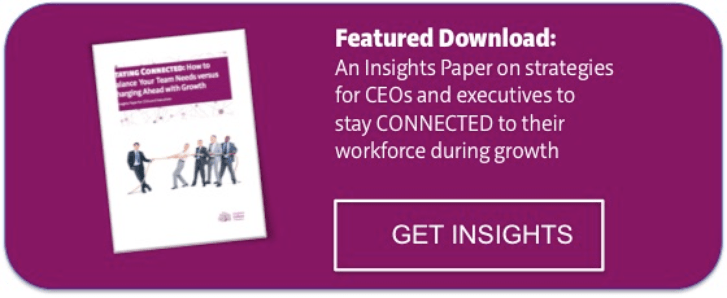
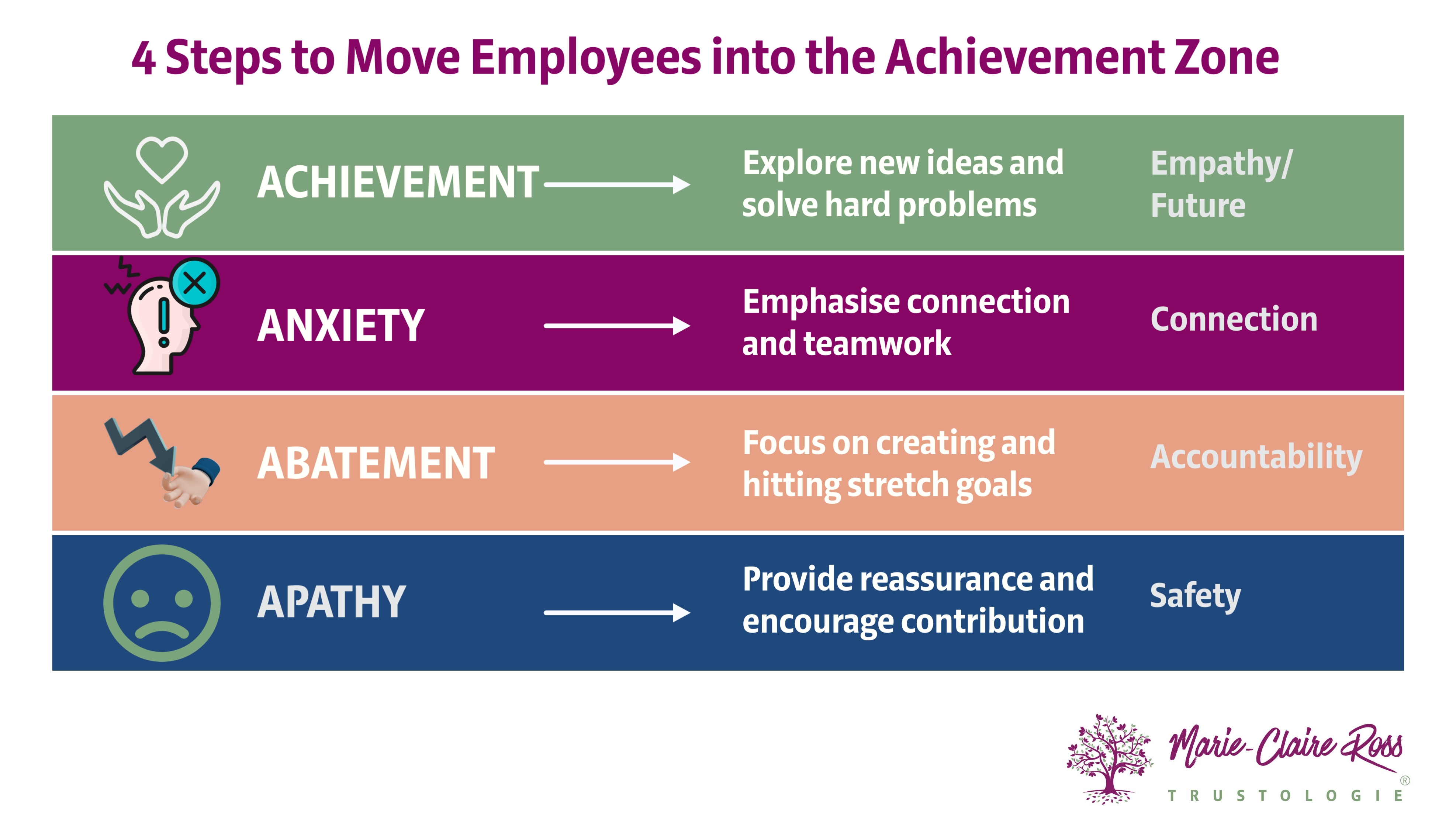
13 min read
As teams return from their summer (or winter) break, you may notice subtle shifts in your team’s energy. Even if the end of year was positive, a new...

14 min read
The workplace is evolving at a pace few previous generations have seen and 2026 will mark a turning point. The Future of Work is blended, not hybrid....
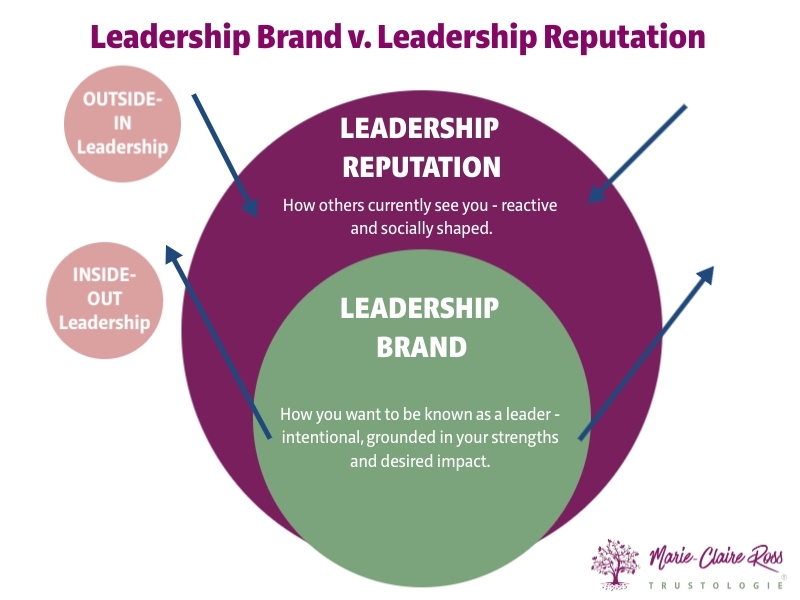
5 min read
Many leaders jump into a leadership position excited by the opportunity to help others and perform at a higher level.
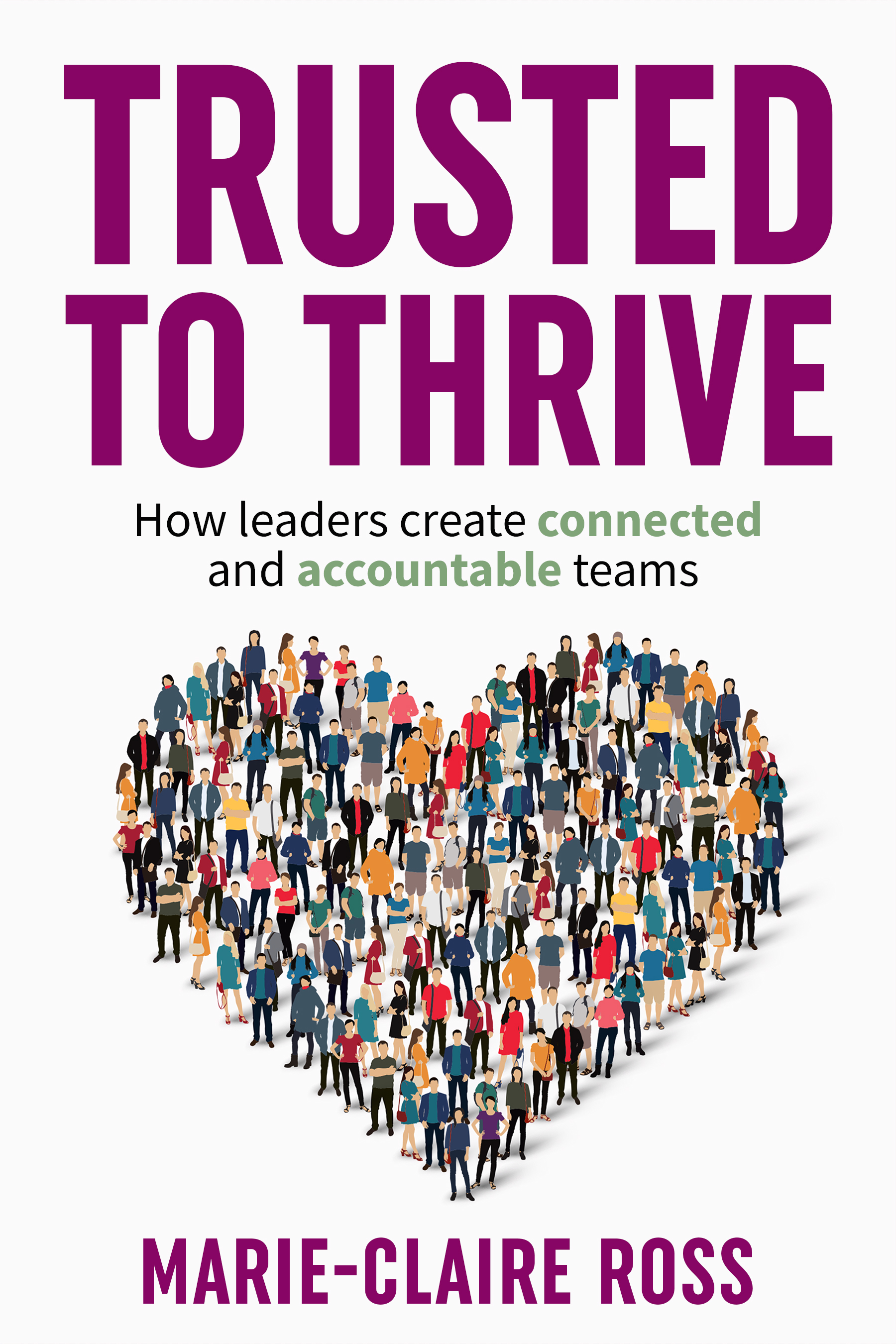
As humans, we want to be with other humans and be part of something bigger and better than we can create on our own.
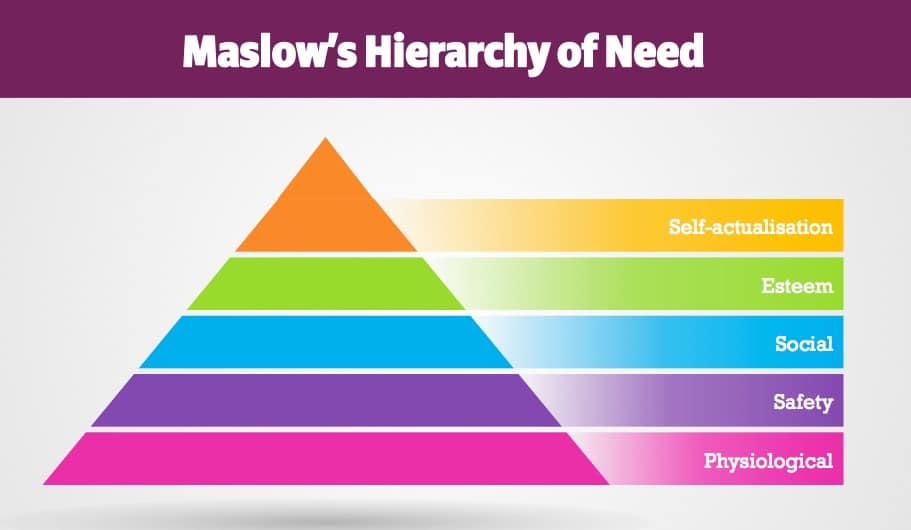
The pace of change within most organisations is accelerating. It’s now commonplace for companies to be restructuring, changing their business model,...

Around the world, there’s growing discontent about the ineffectiveness of employee engagement surveys. Over the last fifteen years, employee...